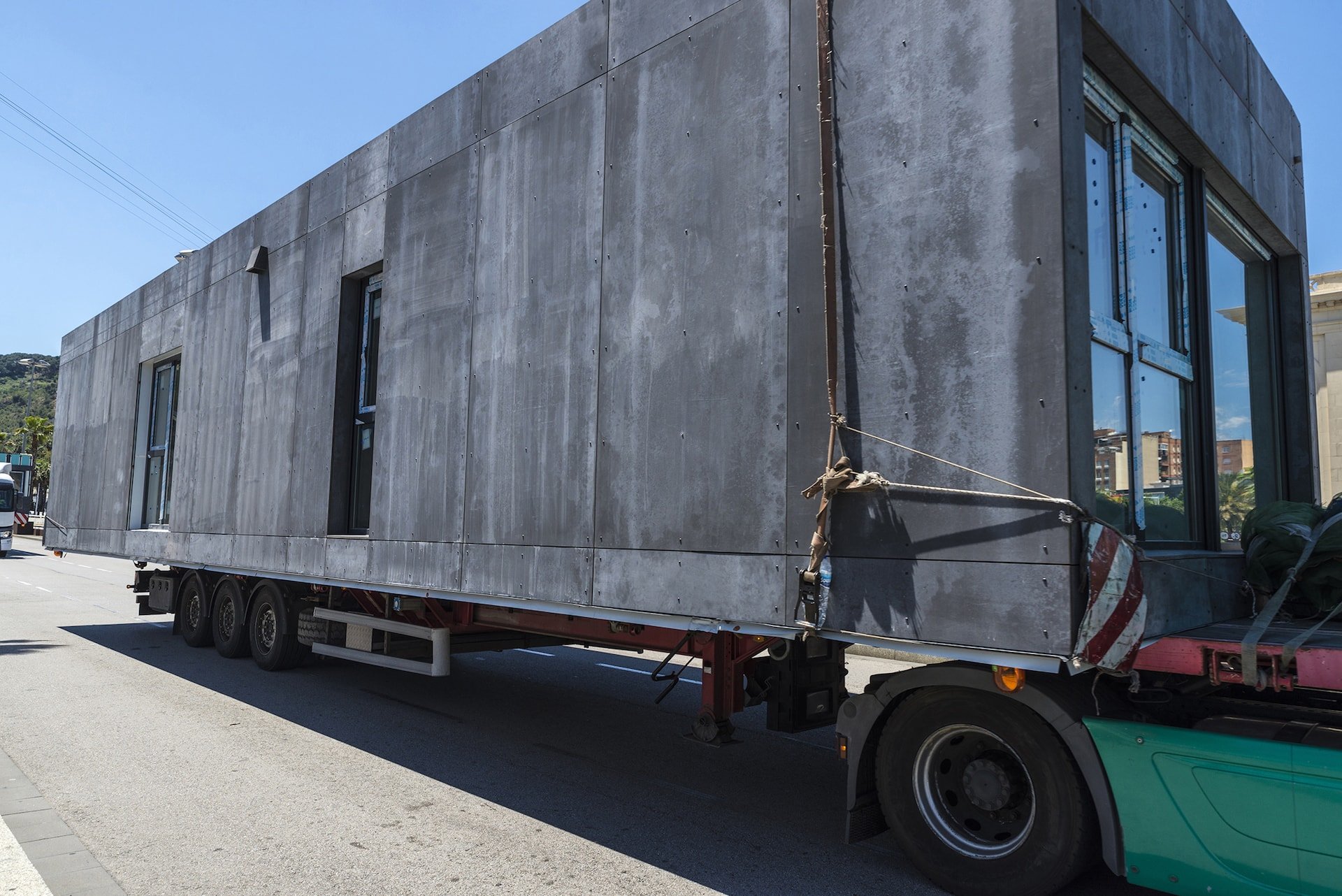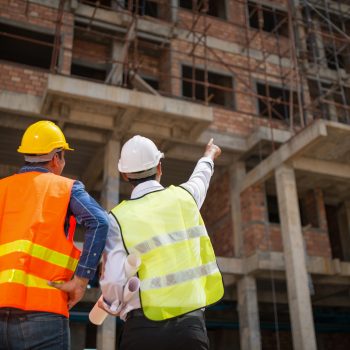Is Costain the next Carillion?
In 1865 Richard Costain persuaded his brother in law to take the boat to Liverpool, setting up business as jobbing builders and undertakers, and the company they founded went on to build Mulberry Harbours for D Day, assembled the largest dredging fleet ever to create acres of new land for Hong Kong Airport and was a founder member of the Channel Tunnel Consortium. Unhappily, history doesn’t record what happened to the undertaking business, but we can probably assume it was less successful…or at least we could until last week. Shares in Costain collapsed last Friday by 35% following news that the HS2 southern section will be delayed (again), as will the M6 smart project and a new road system in Preston. It’s all beginning to sound a bit Carillion: yet another ratcheting up of the seemingly unstoppable malaise affecting UK infrastructure projects.
Costain might now be regretting its dependence on the UK sector which would be ironic not only because it was a key player at Hong Kong Airport, but also in a string of prestigious projects across the globe, including the Amlohri Mine redevelopment in Northern India. This involvement by a British company at Amlohri also seems particularly ironic now given the disparity between the UK (with its record of projects being pulled, cancelled or delayed) and India’s vibrant, homegrown construction sector.
Construction is second only to agriculture as the largest employer on the subcontinent, and in a sector that was once dominated by small, barely regulated entities, there has been a marked shift towards consolidation: just the kind of consolidation that would have warmed the cockles of Richard Costain’s heart. And a major factor behind this was 2017’s Goods and Services Tax (GST), widely seen as having disrupted smaller (and all too often shadier) sector participants: the new system of reverse charging in particular means tax is now charged upfront to the client and collected by the contractor, but only if the contractor is state registered. Smaller, unregistered companies now have to leave it to the customer to record and pay GST and with rates on cement (still the crucial construction material) currently running at 28%, that’s on any basis an accounting and cashflow headache the client can do without. So they’re turning to better regulated, more compliant (and usually bigger) companies to do their work for them.
And given the extraordinary growth of construction on the subcontinent, reflecting an increasingly urbanised and rapidly expanding population, this kind of regulatory and market stability has to be a good thing: it provides a solid and stable base for further growth, as well as a platform for the technologies required to deliver more buildings at the dizzying rate India demands: technologies like modular construction and lightweight steel structures.
Modulex Construction is the World’s largest and India’s first Steel Modular Building Company, working to meet the challenges of the subcontinent’s construction boom in a practical and focused manner.
Learn more about Modulex
Executive Overview
We’ve definitely seen a seismic shift in the global balance of infrastructure and construction power: I think we’ve all sensed it, and the reasons aren’t hard to find.
India now has the fastest growing population on the planet and will soon have the biggest population in absolute terms too (overtaking China). Added to that the subcontinent is going through an unprecedented process of urbanisation, all of which requires more homes and buildings to be delivered at a rate never seen before in the country’s history (or any other country’s come to that).
Prime Minister Modi’s government has responded by securing regulatory and compliance structures like never before, consolidating markets and supporting structured corporate growth. But when it comes to construction, bigger and more reliable businesses won’t be enough by themselves because traditional building technologies just can’t cope with the sheer scale and pace of delivery required. That’s why innovative techniques like modular construction will always be part of the solution.
I expect Mr Costain would have agreed…







.jpg)
Leave a Reply